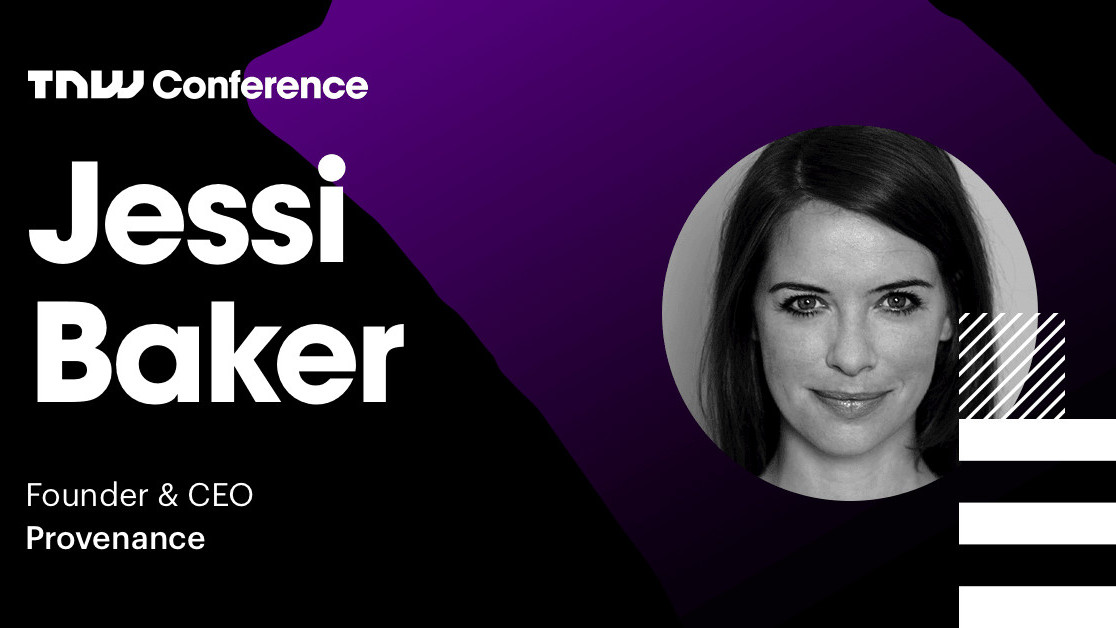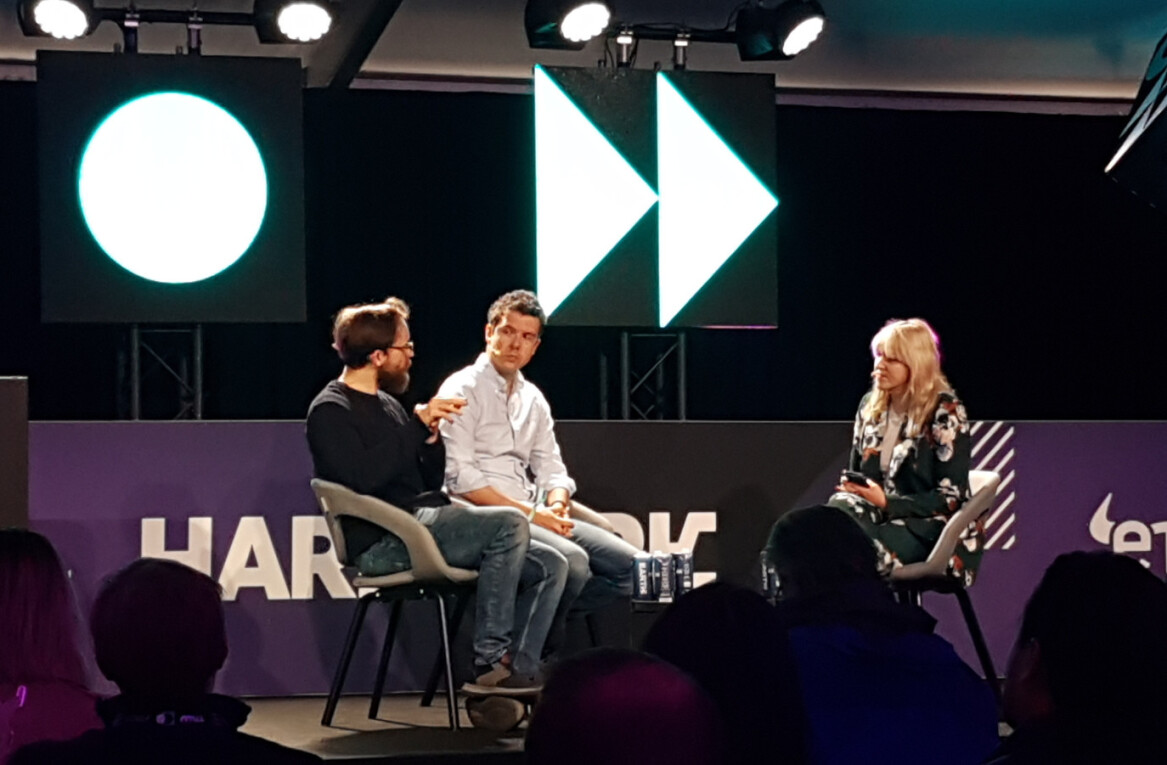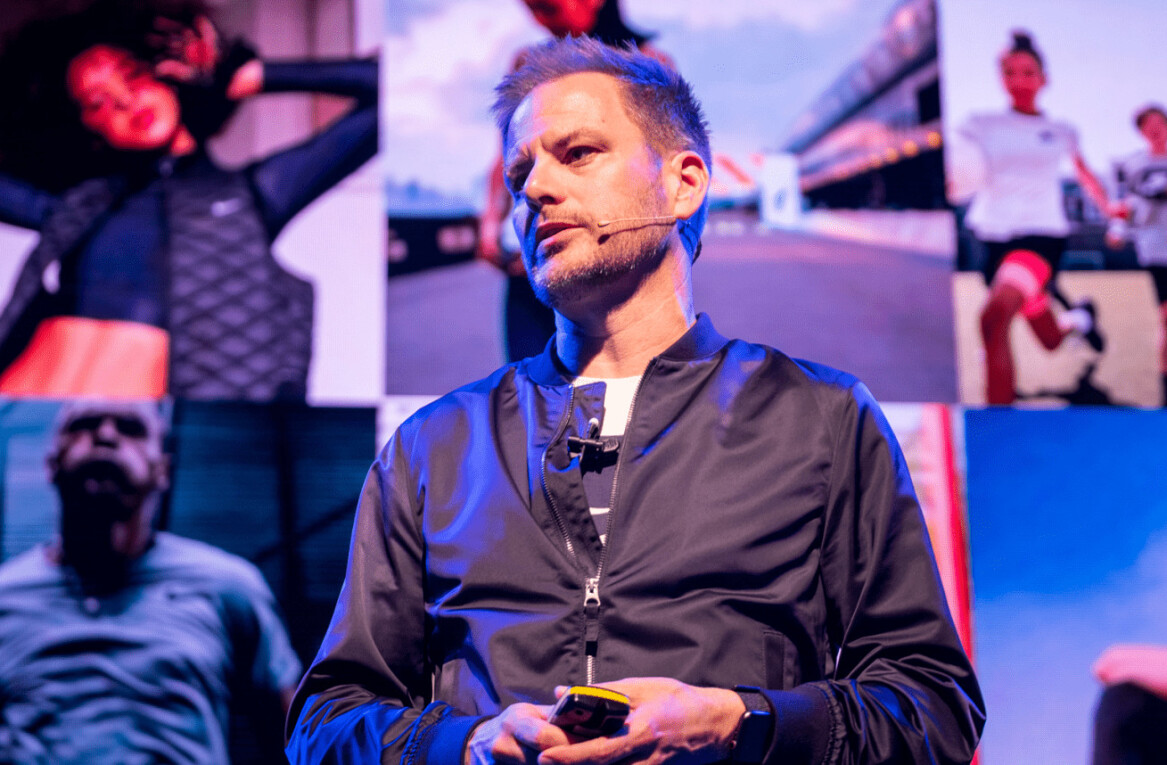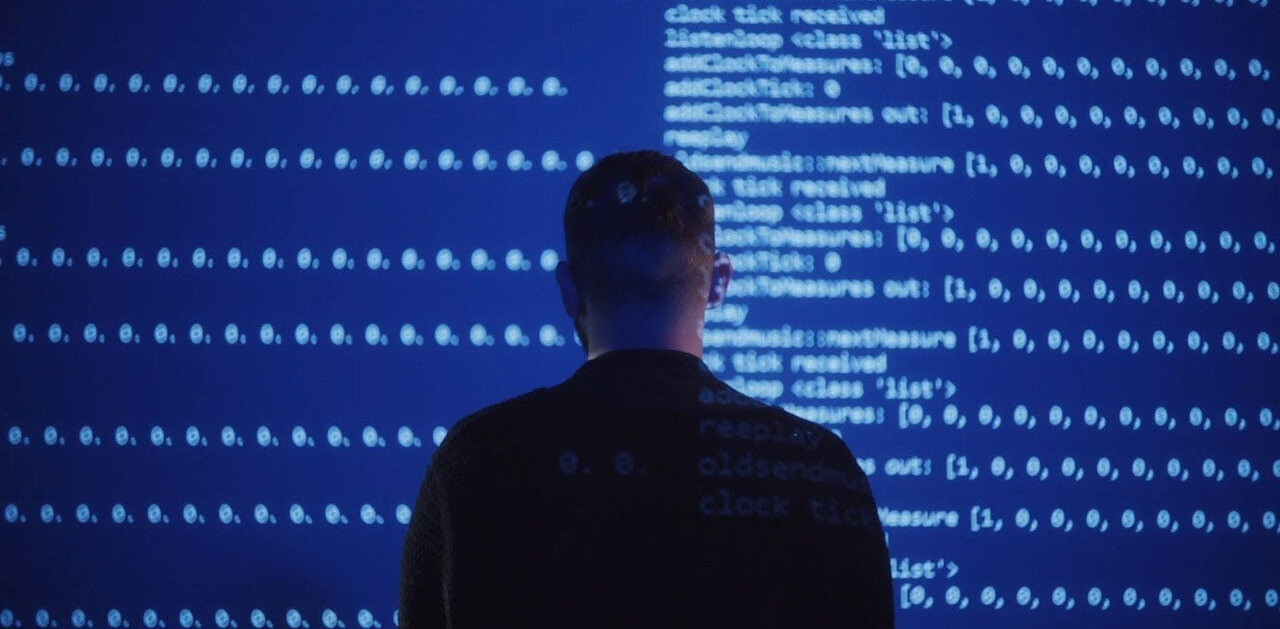
At TNW Conference, we explored the future of tech, including blockchain and cryptocurrency. While the latter tends to have its literal ups and downs, blockchain technology seems quite useful when incorporated appropriately. One use case is to track and monitor supply chains.
Jessi Baker, founder and CEO of Provenance, took the stage at TNW2019 to discuss how her company is making the supply chain more transparent, in an attempt to improve sustainability. Check out the full panel discussion:
I had the chance to ask Baker about how she got involved in blockchain, how Provenance works, and where she sees the technology going in the next few years:
How did you discover that blockchain could be the road to greater sustainability?
Provenance was borne out of my personal frustration about the lack of information available around the things we buy. It started as a side project of my Ph.D. in Computer Science at UCL. By 2013, I decided to pause my Ph.D and focus on Provenance full time.
Today’s internet is great for communication, but data is stored in centrally-controlled silos. This means we need to trust central authorities in order to trust data. A blockchain destroys those centralized silos and creates a new method for holding and governing data, which is decentralized – meaning different actors in the network can all help to validate data across different users in a system.
The very nature of blockchain as an open, incorruptible, and decentralized network means that it is empowering every person involved in the supply chain, fostering greater equality all along the way. Beyond this, it enables numerous systems to connect and communicate in the same language – allowing data to flow seamlessly from producer through to the consumer.
What types of brands work with Provenance? Why is it so important for companies to publicize information about their supply chain?
Provenance is currently working primarily with food, drink, and fashion businesses, with a growing segment in home and wellness. Bad practices in these sectors have generated a growing decline in customer trust, so the Provenance platform supports the brands and businesses who challenge this and instead value authenticity, people, and the planet.
We believe that transparency will be a fundamental requirement for success. This means brands and global businesses will likely fail if their customers cannot easily access product information.
Even now, challenger brands are encroaching on the market share of the bigger players by competing on authenticity, openness, and demonstrating positive social or environmental impact. Consumers are ready for this shift and are already voting with their wallets, so there are very real, immediate commercial benefits. These include charging a premium, retaining and increasing market share, defending brand reputation, and mitigating risk.
Blockchain allows us to track the creation of products but can also have implications for their future. What value does blockchain add to the lifecycle of products?
With a third of consumers now buying from brands based on their social and environmental impact, businesses need to engage in quantifying and communicating this impact, not just before it reaches the consumer but also after it’s been discarded.
With current supply chain tracking, we’re only able to trace a product from cradle to gate (until it reaches a consumer), but by tracking materials through an LCA lens on the blockchain, we can pass the product down the chain to the consumer and track it all the way to disposal.
For example, we’re working with a carpet manufacturer developing new products designed to close the loop and eliminate waste. The carpet is made from recycled polyester, in a process which ensures that at the end of life the carpet can be broken back down into material that can be reused to make new carpets.
The customer journey is not only about passing ownership of the carpet, but also about passing responsibility. By making people aware of what the carpet is made from and what they should do when they’re done with it, they empower the consumer to do the right thing. The carpet manufacturer can track the carpet around the loop on the blockchain, as it’s made, used, and re-made.
There’s been a lot of hype around blockchain. In your experience, is “blockchain” the magic word that opens all doors? And what are the challenges of pitching a technology that’s so new and still not fully understood?
There are many projects and pilots started which claim to use blockchain technology, and there’s no doubt it’s a buzzword. But unless there are findings published in the public domain, we can’t judge to what extent they are really using blockchains. We believe blockchains are yet to have their “browser moment.” The interface for exploring blockchains, whether in an app or web page, is still nascent and this is an important part of blockchains development – helping everyone understand this new way of storing and trusting data.
As a female founder, where do you think we stand on diversity in tech? How can we advance it further?
Provenance has been very lucky to have a fantastic set of women leaders, including a majority-female board. Two of our board members, Alexsis de Raadt-St James and Chemain Sanan, who started and exited their own funds, are investors in Provenance and are super-inspiring in their own right. It makes me feel happy to boast a majority-female board.
I’m also fortunate to be mentored and coached by Alicia Navarro from Skimlinks. The startup journey has a million unknowns and unknown unknowns, and to have her help guiding me through the process of launching my own company has been amazing.
I’m really inspired by people who are bloody-minded and paint the future that needs to happen. Anyone that has challenged something that they believe is wrong, like Emmeline Pankhurst – although she sounds like she was a lot of trouble – standing up for that right to vote so viciously, is really inspiring.
In what other areas of sustainable development can we apply blockchain? Where do you see the future of harnessing blockchain’s potential for social change?
One example of an extension beyond traceability is to feed supply chain data into supply chain finance. Businesses that can prove sustainable practices are likely to be less risky for supply chain finance providers, therefore qualifying for lower rates. This unlocks more capital for smallholders to invest in themselves and their community, thereby driving a positive social impact.
Want to learn more about blockchain and cryptocurrency? Check out Hard Fork for dedicated news.
Get the TNW newsletter
Get the most important tech news in your inbox each week.




